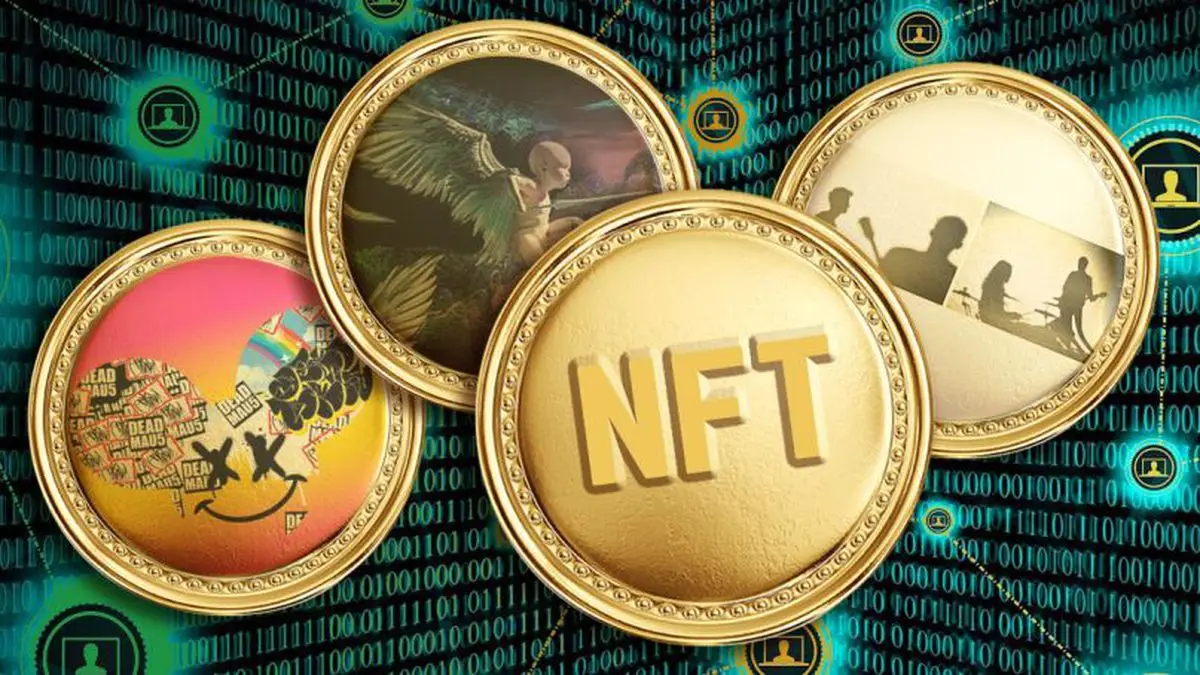Smart contracts are one of the most revolutionary inventions brought about by blockchain technology. They are not just digital agreements but self-executing programs capable of automating and guaranteeing the fulfillment of deal conditions without intermediaries. Understanding their principles and application areas is critically important in the modern world, where decentralization and security are becoming increasingly significant. Let’s delve into the essence of smart contracts and how they can change familiar processes in logistics, economics, and everyday life.
The Essence of Smart Contracts
Not code, but a catalyst. Not a paper contract, but a digital mechanism that executes conditions on its own, without intermediaries, emotions, or phone calls. The essence of smart contracts lies in the complete automation of condition fulfillment. The algorithm reads input data, checks for compliance with the specified conditions, and if everything matches, it triggers the action.
One of the first examples was the project The DAO in 2016, where a smart contract managed participants’ investments. Despite the subsequent hack, the precedent proved that digital contracts can function without centralized control.
How Smart Contracts Work
The technical magic is simple. A smart contract is code stored in the blockchain, most often on the Ethereum platform. The programmer sets the conditions, and the contract automatically executes them as soon as the input data matches the specified ones.
To understand how smart contracts work, just imagine a coffee vending machine: insert a token — get a drink. Only instead of a token, there’s a transaction, instead of coffee, an asset, and the machine is the contract code. Program it once — and no one can change the script.
Cryptography is used, a set of formulas and methods that protect the code from alterations. The compiled contract becomes part of the blockchain’s registry — public and immutable.
Security and Transparency
The advantage is that a smart contract has never lied. Transparency of execution is an inherent feature of the protocol. The essence of smart contracts lies in complete predictability: the contract is executed precisely according to the algorithm, without surprises.
Security is ensured by the absence of a decision-making center: the code is the sole arbiter. Any attempt to change the conditions requires a new contract and a new transaction. Decentralization eliminates the human factor — the main cause of failures in traditional schemes.
Smart Contracts and Blockchain: Their Essence and Features
The combination of a smart contract and blockchain works like a clock without batteries. Blockchain ensures immutability, while a smart contract ensures execution. This tandem eliminates subjectivity, speeds up processes, and reduces costs.
The use of blockchain with contracts has become the norm for DeFi services: protocols that manage billions of dollars without human intervention. For example, Uniswap conducts digital transactions for asset exchange based solely on the code’s conditions, not operator instructions.
Application Areas
Innovations have found applications in dozens of industries. Here’s how the essence of smart contracts manifests in practice.
Where they are used:
- Finance: automated loans, collateral, insurance. For example, Aave, a lending platform where each loan is regulated by a smart contract.
- Healthcare: storing medical data securely. Patients grant data access through contracts — without paperwork hassle.
- Supply chains: tracking goods from production to delivery. Failures at any stage are instantly recorded.
- Construction: monitoring the completion of work stages. Once a stage is completed, funds are transferred.
- Education: issuing diplomas through decentralized applications that are tamper-proof.
This implementation eliminates subjective decisions, replacing them with the precise logic of an algorithm. Each operation is recorded in the blockchain, ensuring full traceability and trust without intermediaries.
How Smart Contracts Solve Challenges in Different Industries
Blockchain development has paved the way for pinpoint automation of processes in critical sectors. Smart contracts have replaced outdated administrative schemes, introducing algorithms capable of acting without external intervention:
- Financial sector. It supports instant transfers, automatic payments, loan condition control. It enhances efficiency and reduces operational risks.
- Healthcare sector. Guarantees data integrity, allows access under specified conditions. Reduces paperwork burden.
- Real estate and construction. Ensures legally significant transfer of rights and automatic settlements. Eliminates dependence on notaries.
- Supply chains. Tracks goods at all stages. Reduces the number of logistical errors.
- Education. Digital certification, verified through code. Prevents diploma and certificate forgery.
This architecture eliminates delays, excludes the human factor, and ensures a unified transparency standard. The result is increased trust, reduced costs, and accelerated operations across the entire system.
The Future of Smart Contracts
By 2030, the blockchain technology market volume is projected to exceed $1.4 trillion, according to PwC’s forecast. Additionally, up to 25% of business processes will transition to algorithms, where the essence of smart contracts will form the basis of trust.
The technology is already extending beyond cryptocurrencies. For example, IBM, in collaboration with Maersk, is implementing contracts in global logistics. The Dubai Blockchain Strategy project in the UAE aims to digitize all government services using blockchain smart contracts.
Challenges and Issues
Even for a precise mechanism, failures can occur. Code errors lead to vulnerabilities, as happened with The DAO. Moreover, legal regulation lags behind the technology. In most countries, digital contracts do not yet have legal force equal to paper counterparts.
Nevertheless, active development of code standardization (ERC-20, ERC-721), the growth of decentralized applications, organizational efforts to implement legal protocols indicate a sustainable development trend.
Integration with Cryptocurrencies and the Digital Economy
Smart contracts have strengthened their position not only in services but also in the blockchain architecture itself. Interaction with cryptocurrencies, especially with Bitcoin, is currently limited, but ecosystems like Ethereum, Solana, and Polkadot already allow building decentralized applications based on them. In this context, cryptocurrency functions as fuel — without it, contract execution is impossible.
For example, to fulfill conditions, a user sends a specific amount of Ether — and the algorithm activates the process: transaction, registration, calculation, property transfer — all according to the defined logic. Digital transactions cease to be “messages in a bottle” and become managed actions that do not require an intermediary or bank.
The Trust Algorithm in Action
The technology has already demonstrated maturity. Behind it are projects with multibillion-dollar capitalization, support from corporations, startups, and research centers. The essence of smart contracts is to create transparent, predictable processes where every step is controlled by an algorithm, not a person.
As a result, a new level of trust emerges, where protocols replace bureaucracy, a registry records every action, and cryptography protects every data line. The next step is mass integration into everyday processes, where the application of smart contracts will reduce costs, accelerate interactions, and lower the risk level.
The Essence of Smart Contracts: Key Takeaways
Smart contracts are self-executing agreements on the blockchain that operate without intermediaries. They ensure high reliability and transaction transparency, serving as the foundation for new decentralized applications and services.
 en
en  ru
ru  de
de  ar
ar  es
es  nl
nl  hi
hi  fr
fr  it
it  pt
pt  el
el 



